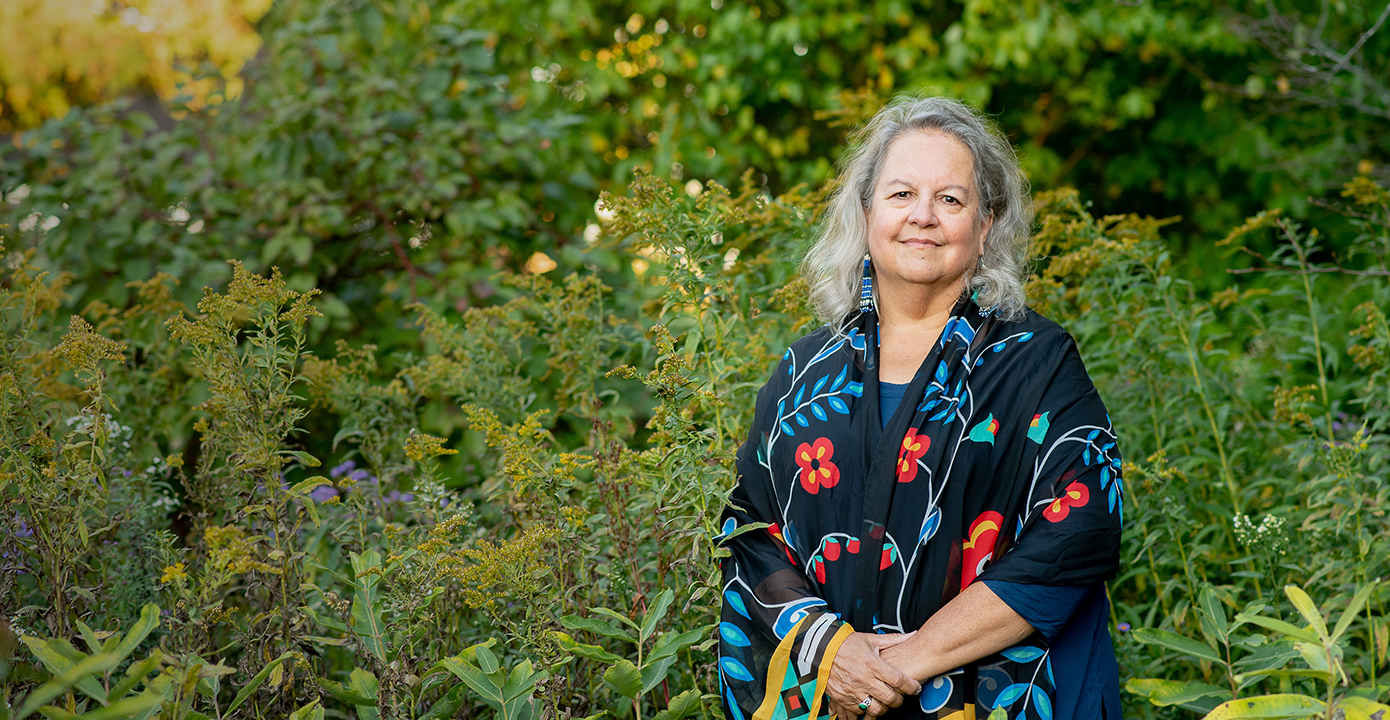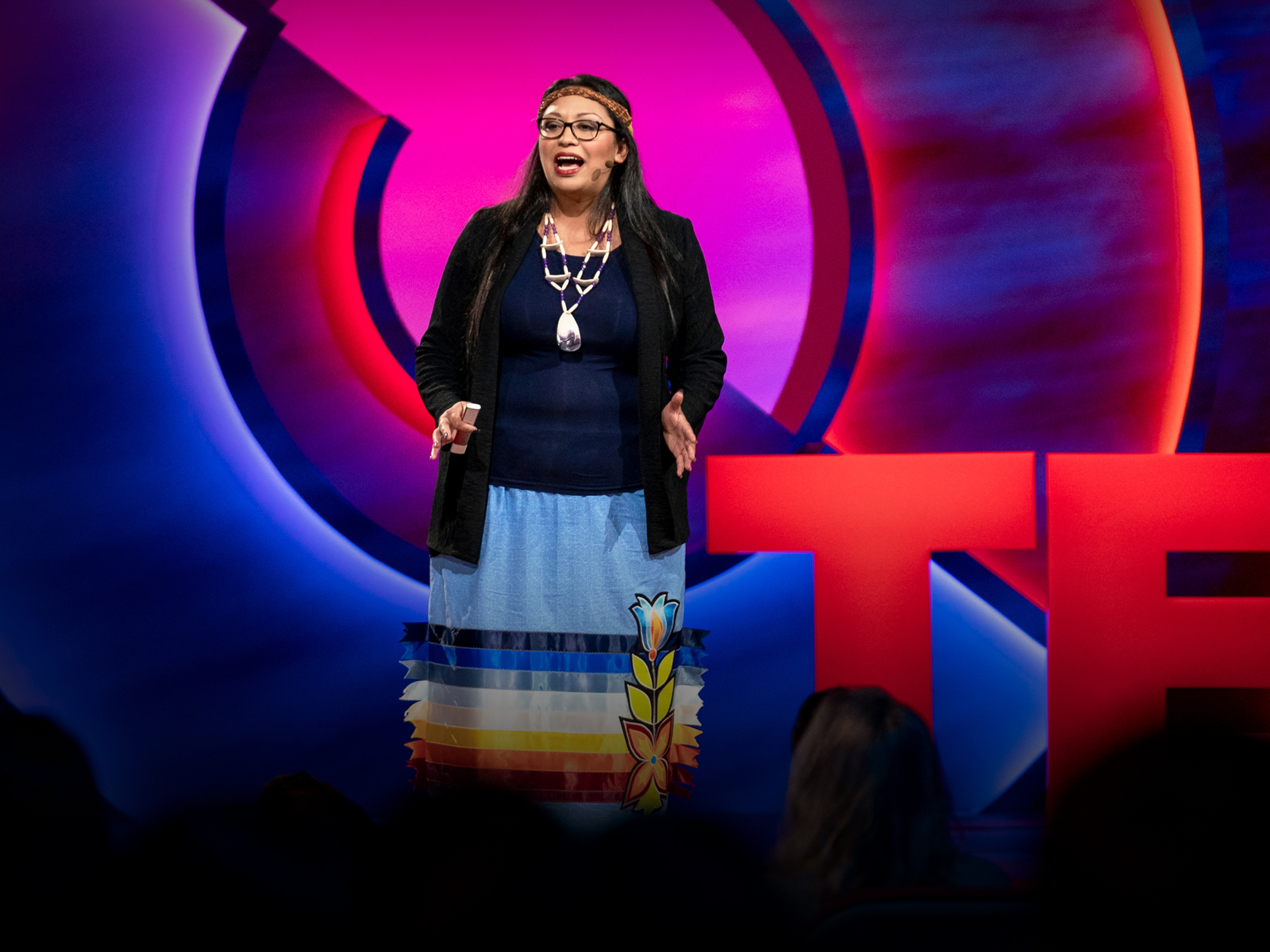The fight to end climate change has been on the minds of Americans and people worldwide for decades. Many people are conscious of and support the integration of policies to combat climate change. Pew Research Center found that over half of U.S. adults view climate change as a major threat to the country’s well being. However, things have only gotten worse and change is not happening quick enough despite support. How could this be? I’d like to argue it’s because we have taken the wrong perspective. The fight to end climate change is often framed as follows: We must save the earth for ourselves, for our own survival and prosperity. We are still at the forefront of this battle. It’s not about the earth winning, it’s about us winning. This mindset is harmful because it will never bring about the desired results. In order for real, impactful change to occur, we need to have a personal connection to the earth. Viewing the earth solely as a resource won’t cut it. I believe it’s necessary and possible for our mindset to change. So, what perspective should we hold? Indigenous leaders and thinkers across the United States provide us with some possible answers.
The typical indigenous mind views our relationship to the earth in a much different way than the typical western mind. Emphasis is placed on reciprocity and respect. Indigenous peoples tend to look at nature and our place in it much more holistically. Terms such as “Mother Earth” imply our inherent kinship to the earth.
An important value present in almost all Native American cultures is that of reciprocity. We receive gifts so we must give gifts back. Robin Wall Kimmerer, a Potawatomi professor and author, speaks on this in her book Braiding Sweetgrass. Kimmerer recalls being a child and picking wild strawberries deep in the woods. These strawberries were a gift from the earth. She didn’t have to do anything to receive these strawberries; she only had to find them. Because these strawberries were so freely given to her, it created a relationship between her and the strawberry bush. Every season, she would nurture the bushes and pick weeds to allow space for the bushes to flourish. Year after year their relationship would go like this. This is reciprocity. The plants keep us going so we keep the plants going. This give and receive mindset is necessary in the realm of conservation because it establishes a relationship. In our modern day society we are all too often disconnected from where our products come from, especially our food. Sticking to our strawberry example, when you buy strawberries from the grocery store, no relationship is established. You pay the clerk, say thank you, and move on with your day. The strawberry bush rarely ever crosses our minds. The strawberries are no longer a gift. They are a commodity, and thus no responsibility is owed towards the bush. We have no direct connection to the earth and therefore it’s hard for us to really be invested or care. A formed bond is what makes an exchange significant and meaningful.

Now, it would be unreasonable to ask of us to stop buying our food from the grocery store and instead forage or grow everything. That is not a possibility. I would argue for simple steps, such as learning where our produce comes from when we buy it at the grocery store. Where was this lettuce grown? Who grew it? Under what conditions and in what season was it grown? With a mindset like this we can begin to appreciate and be thankful for how this lettuce ultimately ended up in our hands. We can even go to local farmer’s markets for our produce and interact with the farmers face to face. Although small, this begins to establish in our minds and hearts more of a connection to the earth. This connection fosters our initiative to protect, preserve, and give back to the earth.
Another solution to this disconnect is presented to us in a 2020 TEDx talk by Kelsey Leonard, a legal scholar and a member of the Shinnecock nation, who encourages us to ask the question “Who is water?” as opposed to “What is water?” This distinction, she says, opens up the door to personifying water. And she isn’t just talking semantics. Leonard doesn’t want us to simply imagine water as kin (although she does emphasize the significance of this); Rather, she wants it to become a reality. She calls for the legal personhood of water. Legal personhood would allow water to be visible in a court of law and be protected under the law the same as a person would. “It reverses the accepted hierarchy of humanity’s domination over nature,” she claims. If we, as Leonard suggests, hold nature’s wellbeing to the same level of wellbeing we expect for humans, there would be much more concern and protection. All it takes is some reframing in our own minds and in that of the legal system. When we view nature as family rather than a separate entity that we can use at our own discretion, the level of care increases dramatically.

I encourage everyone who reads this to consider how they view the earth. Do you see it merely as an expendable resource or as a life-giving gift worthy of veneration? Furthermore, how might this perspective influence how you view climate change and your own actions towards reversing it? Get outside and experience the beauty of nature. Witness the gifts the earth gives us every single day. Begin to deeply understand our connection to the earth and how vital it is to protect. In the words of Robin Wall Kimmerer, “Knowing that you love the earth changes you, activates you to defend and protect and celebrate. But when you feel that the earth loves you in return, that feeling transforms the relationship from a one-way street into a sacred bond.” The earth has loved us since our existence, it’s time we show some love back. This is the kind of attitude needed in order to save this beautiful planet we call home.
References:
Kimmer, Robin W. “The Gift of Strawberries.” Braiding Sweetgrass, Milkweed Editions, Minneappolis, MN, 2020, pp. 22–28.
Tyson, Alec. “What the Data Says about Americans’ Views of Climate Change.” Pew Research Center, Pew Research Center, 9 Aug. 2023, www.pewresearch.org/short-reads/2023/08/09/what-the-data-says-about-americans-views-of-climate-change/#:~:text=About%20three%2Dquarters%20of%20Americans,the%20effects%20of%20climate%20change.
Zomorodi, Manoush, et al. “Kelsey Leonard: What If Lakes and Rivers Had Legal Rights?” NPR, NPR, 7 Aug. 2020, www.npr.org/2020/08/07/899837395/kelsey-leonard-what-if-lakes-and-rivers-had-legal-rights.